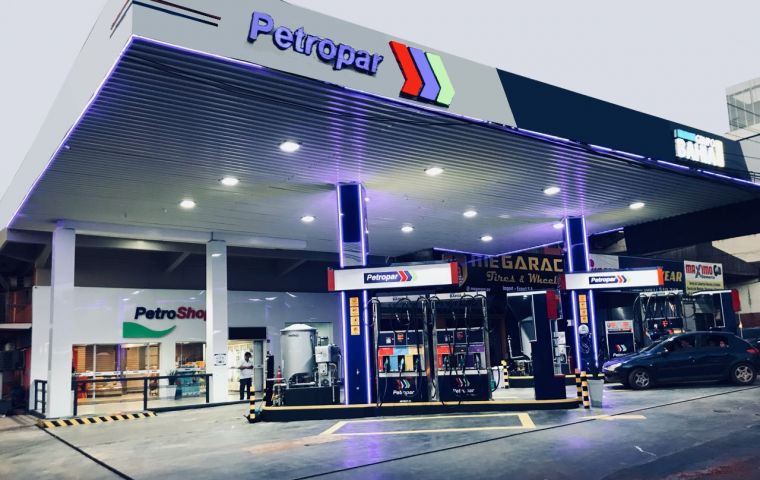President Santiago Peña has signed a decree banning the construction of any new petrol stations in urban areas, citing environmental concerns.
Peña described the move as “historic” on social media. “For a more sustainable Paraguay! We made a historic decision in favor of the preservation and care of the environment,” Peña posted on X, formerly known as Twitter.
According to Decree 1400, “studies and reports carried out by the competent agencies warn of a significant number of service stations, gas stations, and own consumption posts nationwide, mainly in urban areas which, derived from their number and operating conditions, are likely to generate negative environmental impacts such as groundwater contamination.”
Paraguay already has a relatively large number of petrol stations, 35 per 100,000 inhabitants, with the vast majority of those being in urban areas. This is “above the average at regional and global levels,” according to a study from the School of Engineering at Asunción’s National University.
Additionally, the country has been on a large scale road-building mission throughout the administration of Peña’s presidential predecessor, Mario Abdo, leaving plenty of opportunities for developers to add new petrol stations along Paraguay’s newly enlarged national road network outside of urban areas.
The measure also made it clear that stations already operating and those under construction with a valid license will be able to remain in business.
The decree also creates a working group to analyze the recommendations from the Comptroller General in a technical report on petrol stations and their possible environmental impact.
The Environment and Sustainable Development Ministry must now analyze the current situation and adopt corrective measures toward determining at the end of the 60-month period whether “the conditions that motivated the issuance of this decree” persist.
Since the horse was replaced by the motor vehicle as the primary mode of transport around a century ago, it has come to be considered normal to store large quantities of highly flammable liquid in densely populated residential areas.
With the advent of cheaper-to-run electric vehicles, which can be powered by fully renewable green energy such as Paraguay’s proliferation of hydroelectric power plants, some experts question whether petrol stations will even exist at all, one century from now.


